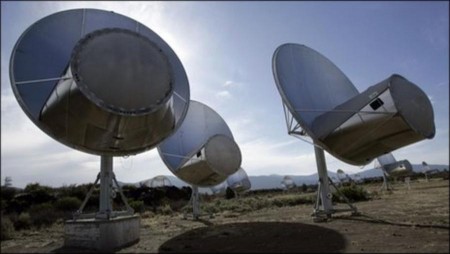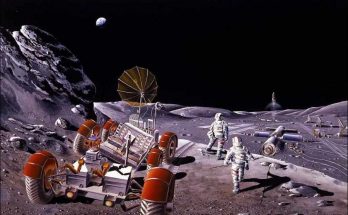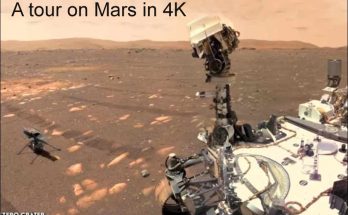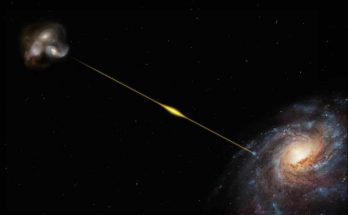For 50 years now humans have been scanning the skies in hopes of answering the question: Are we alone in the universe?
That mystery will be the topic of discussion during this weekend’s SETIcon, a convention for scientists, sci-fi writers, celebrities and fans to discuss every aspect of the Search for Extraterrestrial Intelligence (SETI).
SPACE.com caught up with Jill Tarter, director of the Center for SETI Research (and the basis for the main character Ellie Arroway portrayed by Jodie Foster in the film “Contact” based on the book by astronomer-author Carl Sagan), to discuss the last 50 years since the first effort to listen for extraterrestrial intelligence in the universe, and the outlook for the future:
After 50 years, what’s the status of the search for extraterrestrial intelligence?
It is interesting that at age 50, what we’re doing is reinventing ourselves. I think that’s a good sign. We’re not going to stop doing what we’ve done — radio searching still makes a lot of sense. But optical searching also makes a lot of sense.
We’re going to try to get away from doing it all ourselves, and ask the world to join in. The world has shown an interest over the past decade in participating.
We haven’t really succeeded in getting people involved internationally. You’re skimming only the technological top of the global population. I’m actually hoping that the enormous prevalence of cell phones and social networking will finally allow us to.
Has the journey of SETI over the last 50 years played out like you thought it would?
I don’t think any of us were smart enough 50 years ago to anticipate how rapidly the capability of our searches was going to improve. Fifty years ago was pretty much pre-digital revolution. I can count almost 15 orders of magnitude improvement in the tools of radio observing.
Fifty years ago optical search was out of the question. We couldn’t count photons fast enough. When that technology got there, wow, we just jumped on it.
Fifty years ago nobody thought you could or should build an array of 50 small telescopes. Now the right thing to do is use inexpensive antennas and inexpensive electronics and combine them together. You get your value that way.
Back then, what got you interested in looking for life out there in the universe?
The thing that got me hooked on SETI about 40 years ago was the fact that we suddenly had some tools. These tools called radio telescopes could allow us to do an experiment to explore, rather than ask philosophers what we should believe. It’s all about replacing the [idea] of what should we believe, with ‘let’s explore.’
What do you say to people who think there’s no hope of finding extraterrestrials and that searching is a waste?
We appear to be the results of the laws of physics and chemistry. It’s not unreasonable to wonder whether elsewhere, the same sorts of processes led to other intelligence and technologies.
Fifty years is a very small time in the lifetime of a galaxy which is 12 billion years old. We’re a very young technology in a very old galaxy. We kind of shouldn’t be surprised we haven’t found them yet. It’s a big search. We don’t go to bed disappointed, we wake up in the morning excited.
How do you think you’d feel if we did discover evidence of alien life?
The feeling would be phenomenal. To have posed a question and gotten an answer that no one else has been able to come up with. That would tell us something about the universe that we didn’t already know. Just a proof of existence; that would be amazing for me.
If extraterrestrials do exist, what do you imagine they might be like?
Who knows? Extraterrestrial psychology is one notch above where I’m prepared to go. I will say it’s statistically overwhelmingly likely that they are much older than we are. If they were younger than we are, then there isn’t any technology of theirs we could detect.
If we detect a signal we’ll know it’s possible for us to have a long future.
What do you predict the next 50 years might hold for SETI?
I’m pretty darn sure that long before 50 years from now Kepler or some other mission will have detected earth-size planets in the habitable zones of their stars and we will have been able to look remotely for biosignatures.
We may have understood whether or not there’s some sort of life on the planet. We may not be able to tell the difference between microbes and mathematicians, but at least we’ll have places to study from afar.
Visits: 119



